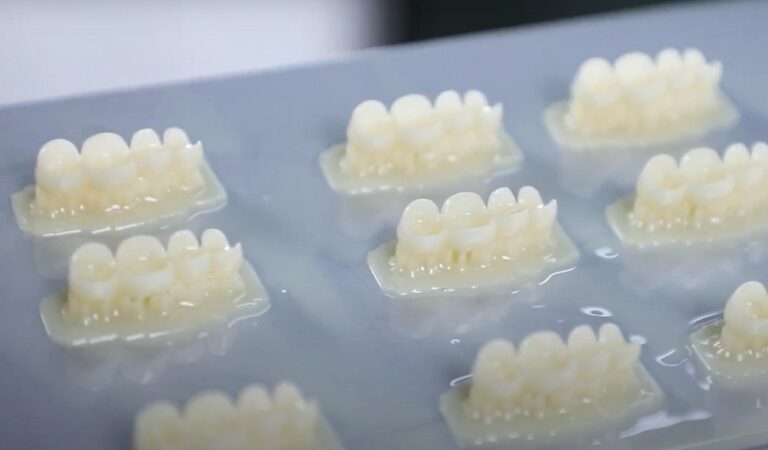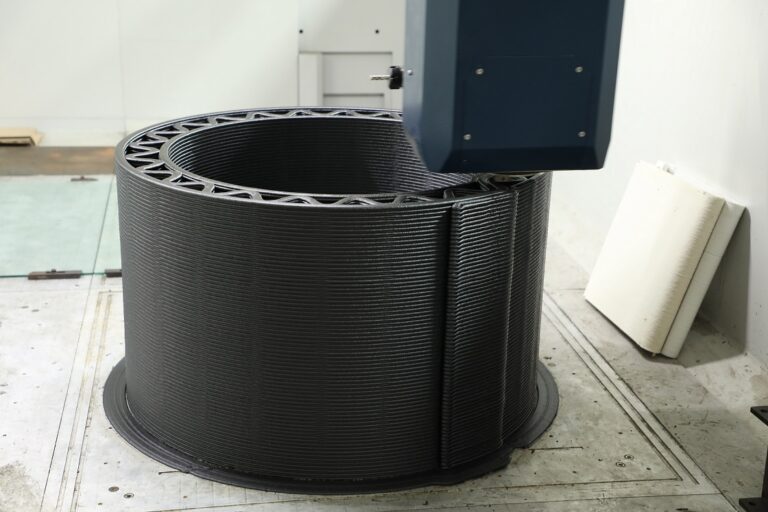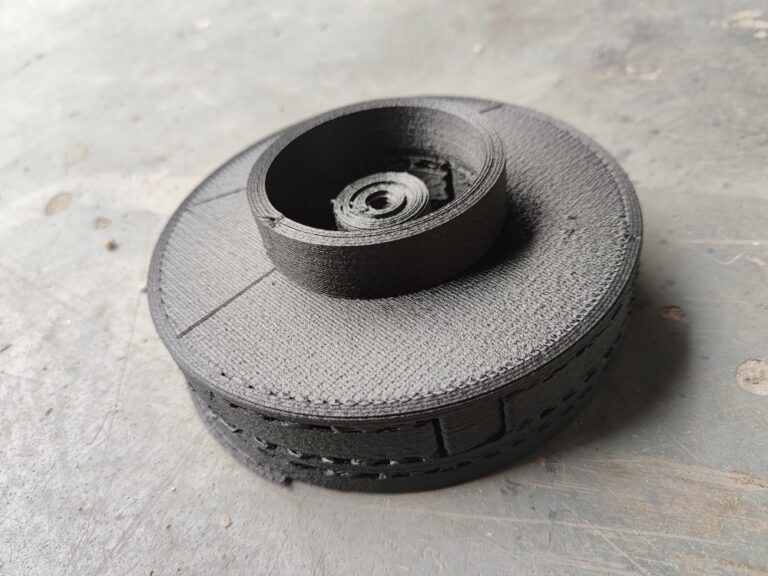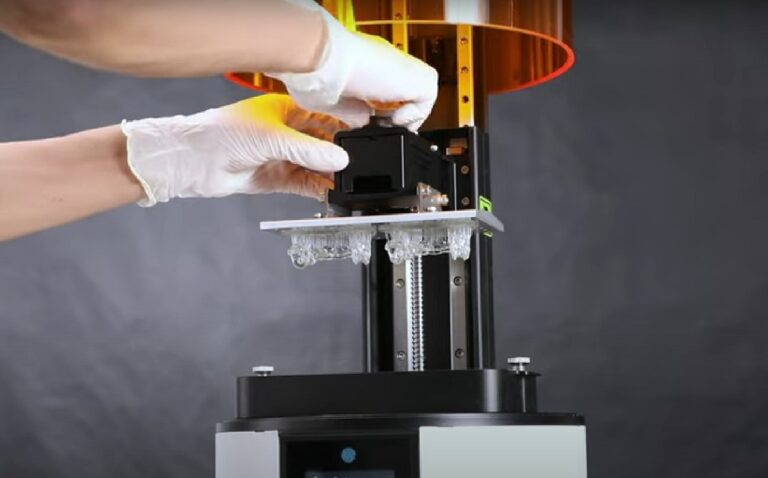Table of Contents
How is 3D printing used in the dental field?
3D printing in the dental field is used for creating various dental products and devices with high precision and speed. Applications include:
Dental Models
Producing accurate models of patients’ mouths, which are used for diagnostics and treatment planning.
Orthodontic
Creating custom aligners, retainers, and other orthodontic devices directly from digital impressions.
Crowns and Bridges
3D printing dental crowns and bridges using materials like ceramics, which provide durability and aesthetic appearance.
Dental Implants and Surgical Guides
Printing surgical guides for dental implants to ensure precise placement and printing of custom dental implants.
Dentures
Fabricating full or partial dentures, allowing for customization and rapid production.
Overall, 3D printing in dentistry enhances customization, reduces turnaround time, and can lower costs while improving patient outcomes.
What is Dental Resin?
In dental 3D printing, dental resin is a type of photopolymeric material that cures (hardens) when exposed to a specific light source, typically ultraviolet (UV) light. These resins are used to create highly detailed and precise three-dimensional objects suitable for dental applications such as crowns, bridges, dentures, orthodontic devices, and surgical guides. Dental resins must be biocompatible, have suitable mechanical properties, and often require regulatory approval for use in patients.
best 3D resin for dental models
Dental Resin for Dental Labs and Orthodontic Practices
PioCreat Dental Resins empower dental labs and orthodontic practices to rapidly manufacture biocompatible surgical guides, splints and models, clear aligner models, and full dentures.

How to Choose the Best Dental Resin for Dental 3D Printing?
Choosing the best dental resin for 3D printing in dentistry involves considering several factors to ensure the material meets clinical requirements and regulations. Here’s a streamlined guide:
1. Biocompatibility: Ensure the resin is biocompatible. It must be safe for intraoral use and should not cause any adverse response in patients.
2. Mechanical Properties: Depending on the dental application (like surgical guides, dental models, crowns, or orthodontic appliances), the resin should have appropriate strength, durability, and wear resistance.
3. Accuracy and Detail: High resolution in resin ensures that the printed dental models or devices accurately reproduce the fine details necessary in dental applications.
4. Color Stability and Esthetics: For prosthetics, look for resins that offer colors matching natural tooth shades and resistance to staining.
5. Certification and Compliance: The resin must comply with local regulatory requirements such as FDA approval in the USA or CE marking in Europe.
6. Print Speed and Ease of Use: Select a resin that provides an optimal balance between print speed and ease of post-processing.
7. Compatibility with Printers: Check if the resin is compatible with your specific 3D printer type (SLA, DLP, or LCD).
8. Vendor Support and Reputation: Choose resins from suppliers with trustful reputations in the industry who provide consistent quality and customer support.
9. Patient-Specific Needs: Consider specific patient needs such as allergies or sensitivities.
10. Cost: Factor in the price, keeping in mind that lower costs should not compromise product quality and patient safety.
Selecting the right dental resin requires a careful combination of these factors tailored to the types of dental applications and devices you plan to produce.
Ortho Model Resin
Specifically formulated for the dental industry, Ortho Model Resin stands as a trusted choice for orthodontic purposes. This biocompatible resin is engineered for compatibility with dental models, It excels with its outstanding print accuracy, heat resistance, substantial hardness, and a silky-smooth finish, all while maintaining the flexibility needed for dental workflows. Its resistance to abrasion contributes to maintaining flawless precision of the models, even after repeated use.
- High printing speed
- High edge stability
- High forming precision
- High temperature resistant
Temporary Restoration Resin
Temporary Resin is a bio-compatible tooth-colored resin for 3D printing of temporary crown and bridge restorations, inlays, onlays, and veneers. Indicated for up to seven-unit bridges and available in five shades. The material provides greater pressure and impact resistance, wear resistance and corrosion resistance, allowing for excellent marginal adaptation and dimensional stability.
- Ultra high flexural tensile strength
- Easy to polish
- Color selectivity
- Low water absorption
Surgical Guide Resin
Surgical Guide Resin is a biocompatible material designed specifically for crafting surgical guides. This transparent, Class I resin is perfect for creating precise guide plates essential for implant surgery, as well as orthodontic guides and functional retainers. Developed to facilitate high-precision, implant-guided procedures, Surgical Guide Resin ensures exceptional accuracy and performance.
- Easy to drill
- High sharp precision
- High flexural strength
- Transparent to see drill position
Dental Casting Resin
PioCreat’s Biocompatible castable resin is expertly formulated for dental casting applications, boasting minimal ash and residue upon burning and excellent casting characteristics. This high-precision resin ensures that even the finest details are sharply defined in print. Additionally, its low shrinkage properties mean that printed models maintain their shape and are less prone to deformation. This makes it an ideal choice for creating intricately detailed 3D printed models that are used for casting metal dental crowns, bridges, and brackets.
- High precision
- Good texture
- Fast process
- High cost-effectiveness
Denture base resin
Piocreat Denture Resins, which are approved Class II biocompatible materials for 3D printing of digital dentures, offer a unique blend of flexibility and stability. This innovative formula sets a new benchmark for denture manufacturing by integrating durability, visual appeal, and patient comfort. Utilize Denture Base Resin for the creation of durable, wear-resistant, and biocompatible denture bases. This method significantly reduces costs compared to conventional techniques. Furthermore, the resulting dentures are built for extended wear, with a lifespan ranging from 1 to 3 years, ensuring patient satisfaction over the long term.
- Class II biocompatible
- Perfect Details
- Low water absorption
- Durable



